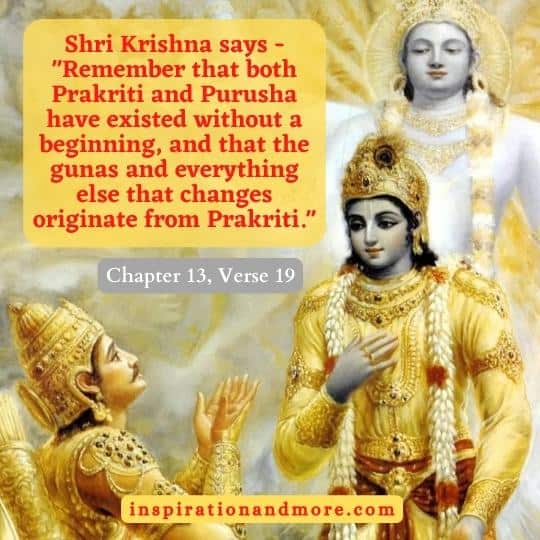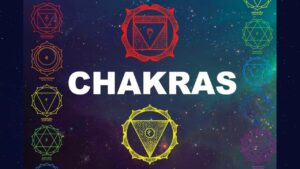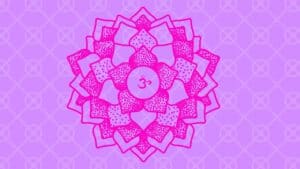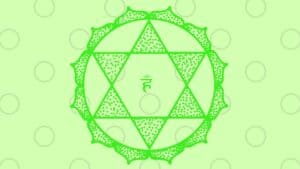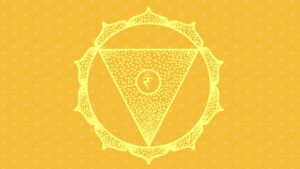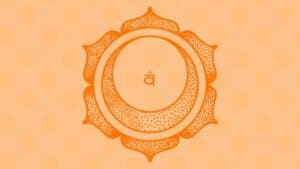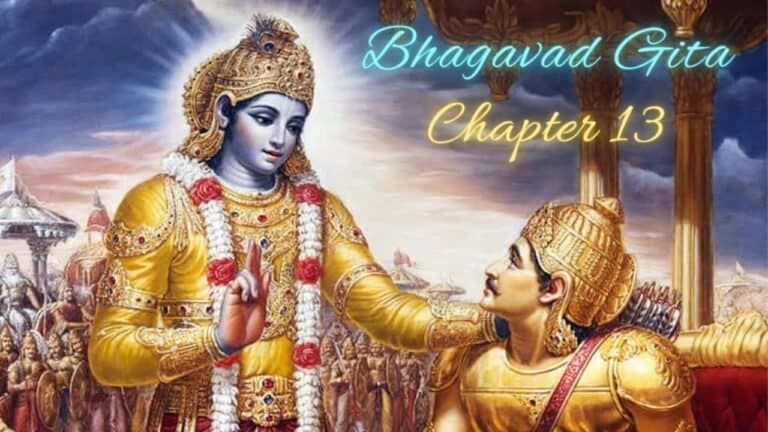
This article contains the verses from Shrimad Bhagavad Gita Chapter 13.
Links to remaining chapters can be found at the end of the article.
Shrimad Bhagavad Gita Chapter 13
Shri Krishna
#1
The body is referred to as a field, Arjuna; the individual who is knowledgeable about it is referred to as the Knower of the field. This is the common knowledge held by those who are knowledgeable.
#2
Arjun, I am the Knower of the field that exists in every person. True knowledge requires not only an understanding of the field but also of the Knower of the field.
#3
While you listen, I will describe the nature of the field and how it responds to the change that occur within it. In addition to that, I will talk about the Knower of the field and his power.
#4
These truths have been sung by great sages in a variety of ways, and precise arguments pertaining to Brahman have been used to explain and elaborate on them.
#5
The field, Arjun, is made up of the following components: the five areas of sense perception; the five elements; the five sense organs and the five organs of action; the three components of the mind known as manas, buddhi, and ahamkara; and the undifferentiated energy from which all of these evolved.
#6
Desire and aversion, pleasure and pain, as well as the body, intelligence, and will are all products of this field.
#7
Those who have true knowledge are free from both pride and dishonesty in their actions. They are kind, forgiving, upright, and pure, and they are completely devoted to their spiritual teacher. They are also filled with inner strength and have excellent self-control.
#8
They have learned the painful lesson of separate birth and suffering, old age, disease, and death because they have detached themselves from sense objects and their own self-will.
#9
Since they are not bound by egotistical attachments, they do not find themselves becoming compulsively entangled, even in their homes and families. They maintain a level head in the face of both good and bad luck.
#10
Their undivided devotion to me cannot be questioned. They seek only me because they value their independence and prefer not to go along with the crowd.
#11
This is the essence of knowledge: to seek the Self at all times as the ultimate destination of wisdom. It is the height of ignorance to look for anything else.
#12
I will explain to you the wisdom that leads to immortality, and that wisdom is the beginningless Brahman, which can neither be called being nor non-being.
#13
It has a home in every single part of the universe, including every head, hand, and foot, as well as every mouth, eye, and ear.
#14
Even though it lacks senses in and of itself, it is revealed through the activities of the senses. Independent in every way, it provides support for everything. In addition to the gunas, it takes pleasure in their play.
#15
It is both close and far, both inside and outside of every living thing, and it is both moving and immobile at the same time.
#16
It is impossible to grasp due to the complexity of its nature. However, it gives the appearance of being composed of several distinct creatures despite being indivisible. Realize that it is the one who creates, the one who maintains, and the one who destroys.
#17
It is beyond the shadows because it resides in every heart. It is sometimes referred to as the light of light, the object and goal of knowledge, as well as knowledge itself.
#18
You now understand the nature of the field, as well as the meaning and object of genuine knowledge, which I have revealed to you. Those individuals who know these things and are devoted to me are joined together with me.
#19
Remember that both Prakriti and Purusha have existed without a beginning, and that the gunas and everything else that changes originate from Prakriti.
#20
Although it is Prakriti that acts as the agent, the cause, and the effect of every action, it is Purusha that appears to experience both pleasure and pain.
#21
While Purusha is at rest in Prakriti, he observes the play that is put on by the gunas that Prakriti gives birth to. However, a person’s attachment to the gunas determines whether they will be born for good or evil.
#22
The supreme Purusha is known as the witness, approver, supporter, and enjoyer within the body. It is also referred to as the highest Lord and the highest Self.
#23
Regardless of the path that one may take, once one has realised the true nature of Purusha, Prakriti, and the gunas, one is never born as a separate entity again.
#24
Some people discover the Self that resides within them through the practise of meditation, while others arrive at this realisation through the path of wisdom and still others through the path of selfless service.
#25
It’s possible that other people aren’t aware of these routes, but if they listen to and follow the guidance of an enlightened guide, they too can move beyond the confines of mortality.
#26
The union of the field and its Knower gives birth to everything that is, including the animate and the inanimate.
#27
They alone see truly who sees the Lord present in each and every living thing and who sees the immortal in the very centres of those who are mortal.
#28
Because they always see the same Lord, they never hurt either themselves or other people. They accomplish the most important objective in this way.
#29
They are the only ones who have a true vision when they realise that Prakriti is the only thing that moves while the Self stays still.
#30
They arrive at a state of fulfilment in Brahman when they realise that the diversity of creation is founded on the same unity and grows out of it.
#31
This supreme Self does not have a beginning, it is not differentiated, and it is not subject to death. Arjuna, despite the fact that it is resident in the body, it neither acts nor is affected by action.
#32
Even though it is present in all living things, the Self can never become tainted because it is pure akasha, which permeates the cosmos but is never tarnished.
#33
In the same way that the sun illuminates the entire planet, the Self that resides in the field is the primary source of illumination there.
#34
Those who, with the eye of wisdom, are able to differentiate the field from its Knower and the path to freedom from the shackles of Prakriti, will eventually arrive at the ultimate destination.
Related Reading:
Shrimad Bhagavad Gita Chapter 1 Verses
Shrimad Bhagavad Gita Chapter 2 Verses
Shrimad Bhagavad Gita Chapter 3 Verses
Shrimad Bhagavad Gita Chapter 4 Verses
Shrimad Bhagavad Gita Chapter 5 Verses
Shrimad Bhagavad Gita Chapter 6 Verses
Shrimad Bhagavad Gita Chapter 7 Verses
Shrimad Bhagavad Gita Chapter 8 Verses
Shrimad Bhagavad Gita Chapter 9 Verses
Shrimad Bhagavad Gita Chapter 10 Verses
Shrimad Bhagavad Gita Chapter 11 Verses
Shrimad Bhagavad Gita Chapter 12 Verses
Shrimad Bhagavad Gita Chapter 14 Verses
Shrimad Bhagavad Gita Chapter 15 Verses
Shrimad Bhagavad Gita Chapter 16 Verses

